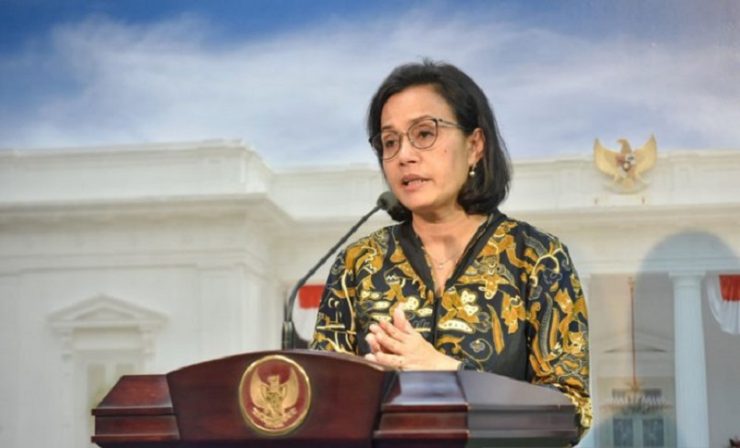INDONESIA’S (RI) digital economy has the potential to reach US$124 billion by 2025 in line with a study by Google, Temasek, and Bain & Company, Finance Minister Sri Mulyani Indrawati stated.
“From US$44 billion (in 2020), it could increase to US$124 billion. This is a tremendous potential. This means the economic potential can be increased threefolds owing to the digital infrastructure,” the minister remarked during an event titled “Women Driving the Economy in the Pandemic Period” here on Friday (23/4).
Indrawati noted that the digital economic potential can be achieved if Indonesia is able to build digital infrastructure and develop its own digital economy.
Hence, the minister emphasized that the government continues to encourage the development of digital infrastructure, especially amid the COVID-19 pandemic that prompts the transition of almost all community activities to digital platforms.
According to Indrawati, the COVID-19 pandemic has led to a migration of almost all activities to digital platforms. It happens because the COVID-19 pandemic requires people to maintain their distance, so digital technology is a solution to overcome that problem.
The minister ensured that the government had continued to provide digital infrastructure evenly on account of Indonesia’s large geographical area, so that development is currently focused on underdeveloped, frontier, and outermost (3T) areas.
Indrawati pointed out that 12,377 public service locations in the 3T area currently do not have 4G facilities, so communication access in these areas is still highly unreliable.
“Hence, the government significantly increased the budget for 2021,” she noted.
Moreover, the government has continued to improve digital literacy, including for small and medium enterprises, to boost potential of the digital economy.
The government is also striving to gradually expedite financial and digital inclusion, including in the Family of Hope Program (PKH) for 10 million beneficiary families (KPM) whose payments are currently made through transfers and digitally.
“Will people be able to buy basic food at a digital shop? It will also be conducted in stages. Thereafter, government salary payments and spending money for small and medium enterprises are also done digitally,” she expounded. [antaranews]
















